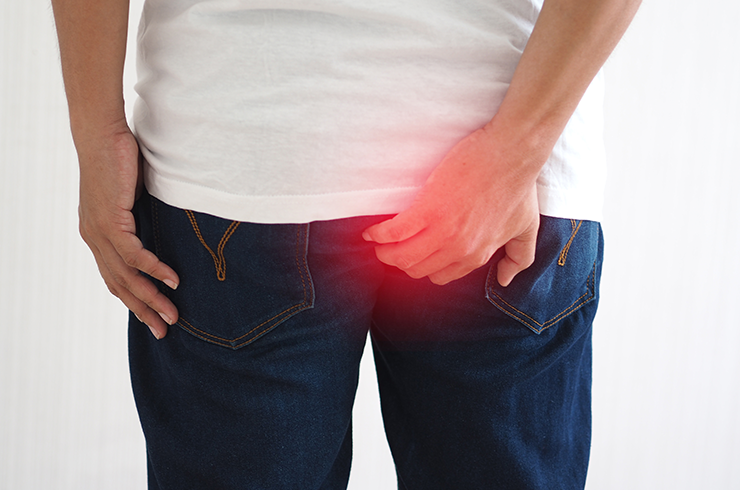Understanding Anal Fissure (Fissure-in-Ano)
An anal fissure, or fissure-in-ano, is a small yet painful tear in the skin lining the anus. It commonly develops due to the passage of hard or large stools, chronic constipation, prolonged diarrhea, or excessive straining during bowel movements. The condition can affect individuals across all age groups but is particularly prevalent in young adults, postpartum women, and people with poor dietary habits. Fissures are usually located in the posterior midline of the anal canal and can be either acute (recent and short-term) or chronic (lasting longer than six weeks). Chronic fissures may be associated with a sentinel pile (a skin tag) and internal hypertrophic papilla, indicating long-standing irritation and failed healing. The sharp, cutting pain during bowel movements is the hallmark symptom and is often accompanied by a burning sensation, visible cracks near the anus, and bright red bleeding on toilet paper or stool surface. Some patients may also report spasms in the anal sphincter, leading to a vicious cycle of pain and non-healing.
Diagnosis of an anal fissure is typically straightforward and made through a careful physical examination and visual inspection of the anal region. In chronic or atypical cases, further evaluation like anoscopy, sigmoidoscopy, or colonoscopy may be necessary to rule out other underlying conditions such as Crohn’s disease, tuberculosis, or anal cancer. Treatment depends on the duration and severity of the fissure. Acute fissures usually heal with conservative management including a high-fiber diet, increased fluid intake, warm sitz baths, and the use of stool softeners or laxatives to ease bowel movements. Topical medications such as nitroglycerin or calcium channel blockers help in relaxing the anal sphincter to promote healing. Chronic fissures, however, may require advanced interventions like Botox injections or lateral internal sphincterotomy (LIS)—a minor surgical procedure that reduces sphincter pressure and enhances blood flow for faster healing. Timely medical consultation is essential to avoid prolonged discomfort and complications. With early diagnosis and appropriate treatment, most patients recover fully and return to normal bowel habits without recurrence.

